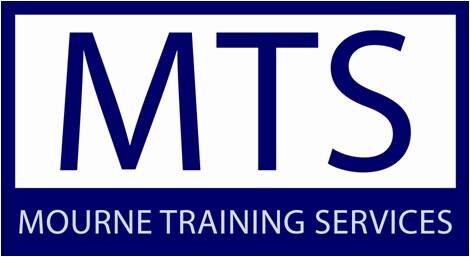Question:
I would like to have a ‘back-up’ column for my HPLC method so that I am not reliant on one supplier, but how can I choose one that will be suitable and do I need to validate the method fully on the replacement column?
Answer:
My preference is to develop a new HPLC method on a popular column from a reliable supplier. This gives me confidence that the manufacturing process is well established and the batch to batch variability of the columns is likely to be low. Although a back-up column may be reassuring, it is not really necessary at this stage. I normally write the phrase ‘or equivalent’ after the details of the column in the method, which will allow investigation of an equivalent column in the future should it be necessary.
Choosing an equivalent column
In this scenario it is important that if a back-up column is selected at a later date, it does actually produce the same chromatography, and is therefore equivalent. I would suggest that the USP database is a good resource to help choose a column which is likely to be equivalent. Scroll down to the ‘PQRI Database’ and see if your current column is in the database. If so, you will be able to identify some potential candidates.
Evaluating Chromatography
If you find that the retention times, and more importantly band spacing (or relative retention times) are much the same on the new column when compared to the original column, then a limited equivalency study should be sufficient to show that the columns are equivalent. This may be a simple repeatability study on each column combined with the system suitability requirements being met. The precedent for not embarking on a full validation study for the new column is that this is the approach taken by pharmacopoeias.
If a back-up column is chosen which does not give the same chromatography as the original column then it is more likely that a full validation on the alternative column will be required since the methods are not equivalent. This is probably best judged on a case by case basis.
Related content from our Resources Library
Services related to this content that we offer
We offer training courses on the topics of method validation and HPLC. Our course, ‘Validation, Verification and Transfer of Methods for Pharmaceutical Analysis‘, includes an assessment of revalidation requirements.
Our range of courses on HPLC includes an introductory course, and courses on HPLC method development (including a course specifically aimed at developing stability indicating methods) and HPLC troubleshooting.
Visit our courses page for a full list of available courses and the schedule of currently available course dates.
Our books, ‘Validation of Analytical Methods for Pharmaceutical Analysis‘ and ‘An Introduction to HPLC for Pharmaceutical Analysis‘, both by Oona McPolin, may be also be of interest.

